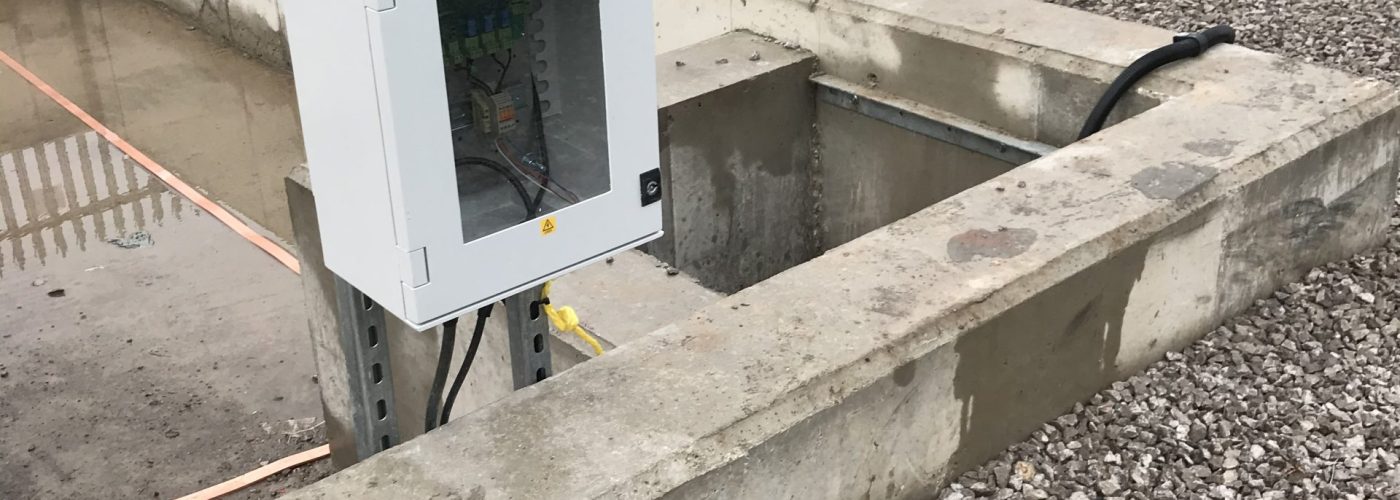If substations are the delivery vehicles of the energy transmission network, then transformers are their engines, quietly humming away to ensure homes and businesses receive a constant supply of power.
Given the cost to replace these vital assets, there is an ongoing maintenance requirement to ensure they remain in prime working condition. And so, as the population of transformers across the UK gets older with every year, so the risk of them failing increases. Alongside this, there is the constant risk of oil escaping as a result of a failure.
With some estimates putting the average age of a distribution transformer as high as 63 years, it is understandable that facilities managers are continually exploring ways to limit their exposure to such a potentially dangerous scenario.
Enabling environmental compliance
MIDEL-type oil is non-toxic and fully biodegradable, meaning it is becoming increasingly sought after for its environmental benefits. At a time when industry is stepping up to tackle an increasingly urgent sustainability agenda, this is in contrast to the potentially harmful polluting impact that high-toxicity mineral oils can have if they escape into the watercourse.
The combination of these reasons makes it easy to see why MIDEL-type ester oils have grown in popularity. It is important to note, however, that being a more environmentally sound option compared with mineral oil does not mean that the environmental risks are totally eradicated. It remains essential for any site using MIDEL to consider the wider ramifications – and particularly the cost implications – for managing this different kind of spill risk.
When it comes to pollution-prevention methods for transformers, bunds are the primary option, ensuring compliance with the Control of Pollution (Oil Storage) (England) Regulations 2001. Bunds can be a trap for rainwater, particularly in a climate such as the UK’s, where our already saturated winters are expected to become up to 30% wetter within the next 50 years. Safely managing the removal of this water while guaranteeing its separation from pollutants can be a costly task when carried out on a regular basis by third-party waste removal providers.
A more efficient and cost-effective alternative is a bund water control unit (BWCU), which automates the dewatering process without the need for manual intervention. Rainwater, when it reaches a certain probe trigger level, is simply evacuated from the bund and into the surface water drainage system, with a guarantee that oil contaminants will not be at a level exceeding 1ppm.
MIDEL compatibility
Any transition to the use of ester oils, such as MIDEL 7131, should therefore be done in the knowledge that the BWCU will continue to deliver the highest pollution protection levels. At Darcy Group, we have received independent verification from a UKAS accredited testing house, that our BWCU is compatible with the use of MIDEL 7131, confirming a discharge of less than 5ppm of oil to water. As such, choosing a Darcy BWCU is a future-proof choice for those looking to use MIDEL.
For our clients using MIDEL, having a compliant BWCU to manage the dewatering process not only removes ongoing waste removal costs, it also further enhances their environmental credentials beyond the choice to use ester fluids over mineral oils.
As more sites consider making the transition to ester oils for their transformers, it is crucial that the bund and the dewatering process are a key element of the overall risk management plan. Only by doing this can you truly ensure that the end result is sustainable from both an economic and environmental perspective.
For information on how our products and services, call us today on 01732 762338 or get in touch via the website www.thedarcygroup.co.uk/contact.






